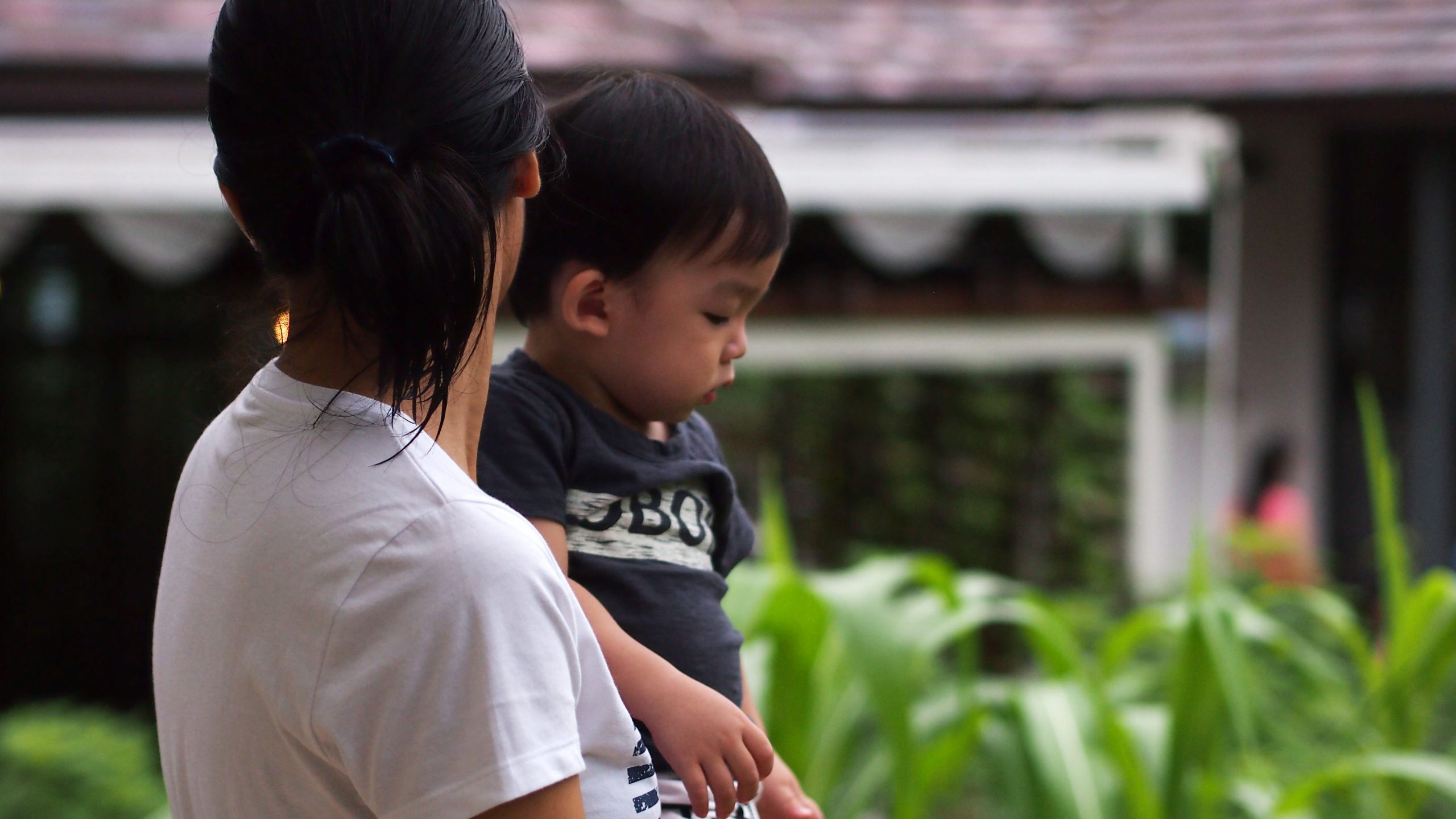Why did COVID-19 not further harm the mental health of poor mothers? A mixed-method study on low-income families in Singapore
May 13, 2023

Mother’s Day is celebrated on 14 May in 2023. Studies have shown that among the financially disadvantaged, women are more vulnerable to a public health emergency, and those with children suffered more severe mental health issues during COVID-19 lockdowns. Whether poor mothers in Singapore have encountered similar difficult times during the pandemic is an important question.
In ‘Why did COVID-19 not further harm the mental health of poor mothers? A mixed-method study on low-income families in Singapore’ (BMJ Open, 2022), Associate Professor Esther Chor Leng Goh, Mr Daniel John Rongwei Wen, and Ms Rachel Chai Yun Ang (all NUS Social Work) conducted focus group discussions and surveys with 424 Singaporean mothers from low-income families to examine the impact of the pandemic on low income mothers’ mental health conditions in Singapore.
The researchers first explored how the pandemic affected the respondents financially. About 20% of the mothers had experienced financial stress due to the pandemic. Families with single breadwinners were worst hit by COVID-19. However, most respondents shared that despite the difficulties, they managed to obtain sufficient income during the pandemic. Those who held low level paid jobs kept their positions because they were classified as essential services during circuit-breaker. Some also reported that government support helped them retain their jobs. The 20% of respondents who experienced financial stress commonly reported seeking help from family service centres.
Financial stress can lead to emotional stress, as income reduction or loss of job means that the people must work longer hours or cope with the loss of livelihood. Besides, during lockdown mothers had to spend more time taking care of their children because of school closure, which could be another source of emotional stress. However, the survey shows that married mothers were emotionally more resilient, potentially due to the support from their spouses.
The researchers found that the respondent mothers displayed resilience and adaptability in coping with financial and emotional stress during the pandemic. Some respondents even took COVID-19 as a positive experience because they were able to spend more time with the entire family during the circuit-breaker. Individuals and families that measured high in hope factors (confidence about their future) were least affected by emotional stress. Besides emotional factors, the government’s COVID-19 pay-outs were also helpful to tide the respondents over the difficult period. Many respondents also proactively looked for alternative sources of income, such as starting a new job or a home-based baking business. Moving forward, the researchers advise Singapore’s policymakers to continue to carefully weigh the benefits, costs, and risks of future fiscal policies.
Read the article here: https://bmjopen.bmj.com/content/12/1/e052103
